Tag: Free Expression

#KeepItOn: Joint letter on keeping the internet open and secure in Zimbabwe
Joint letter from #KeepItOn coalition members urging Zimbabwe to end the internet shutdown.
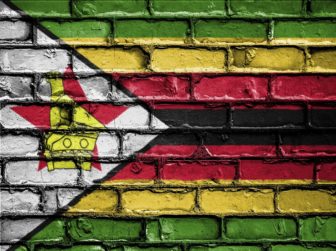
Zimbabwe orders a three-day, country-wide internet shutdown
Sources in Zimbabwe have disclosed to Access Now that the government has ordered a three-day internet shutdown across the country, starting today.
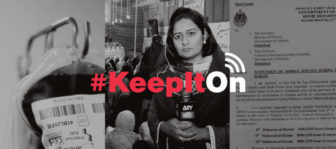
Pakistan shuts down the internet three times in one week
Regardless of the rationale for imposing these shutdowns, all three did what shutdowns do: damage human rights, put people in danger, and hurt the economy.
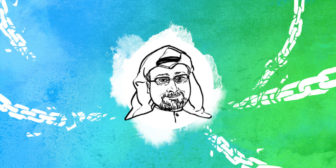
Saving free expression in MENA: what happens after Khashoggi’s death?
The international community must act to investigate the evident murder of Jamal Khashoggi, and to amplify Arab voices.
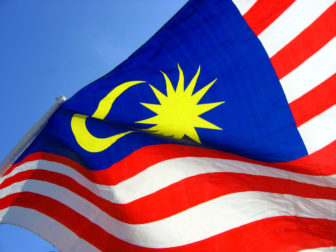
Malaysia’s dangerous “fake news” law is still on the books. It must be repealed.
This law is part of a global trend that harms free expression and threatens democratic discourse. We’re urging Malaysia to re-table the legislation for repeal.
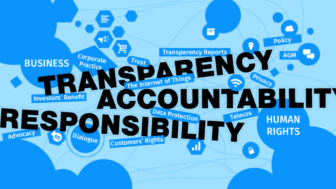
Access Now calls on 22 major tech companies to account for their human rights practices
We’re working with Ranking Digital Rights to make sure the companies tracked in the Corporate Accountability Index respond and take steps to protect your rights.
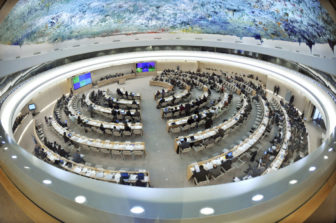
Open letter to Michelle Bachelet, new High Commissioner for Human Rights
We identify six areas for digital rights in which the new U.N. High Commissioner for Human Rights could have a key and definitive voice during her tenure.

Letter to IMF Managing Director Christine Lagarde on possible breach of Cameroon loan terms
Our letter highlights the fact that Cameroon has not reported its internet shutdowns, which damage the economy.
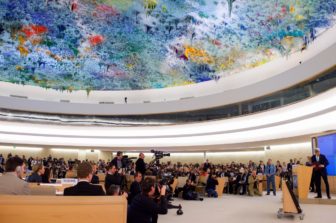
Internet rights in focus: 38th session of the Human Rights Council
Our joint review with APC of the internet and human rights issues at stake in the 38th session of the United Nations Human Rights Council, June 18-July 6
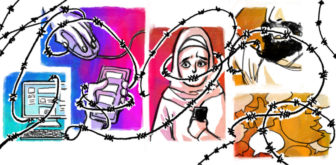
Free expression in MENA: death by a thousand cuts
Across the region, authorities are leveraging accusations of “fake news” and imposing harsh prison sentences — in some cases, 10 years — based on what an advocate has posted online.